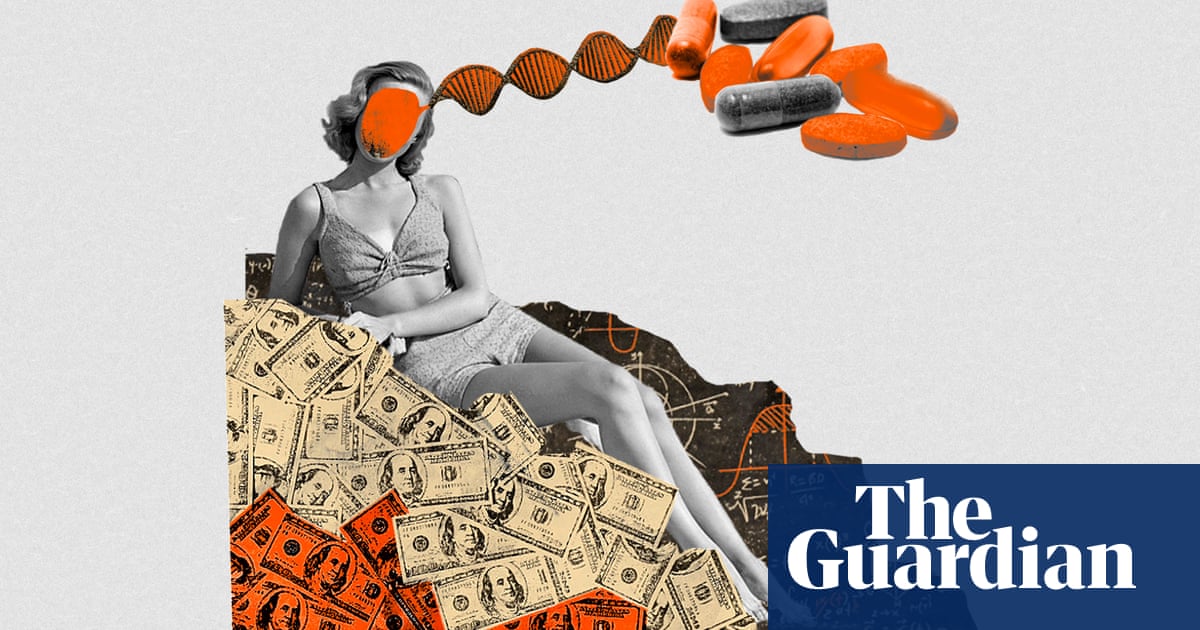鬼百合
Let It Burn!
Maga’s era of ‘soft eugenics’: let the weak get sick, help the clever breed

Maga’s era of ‘soft eugenics’: let the weak get sick, help the clever breed
At the heart of all Trump administration policies is ‘soft eugenics’ thinking – the idea that if you take away life-saving services, then only the strong will survive
Derek Beres

At the heart of all Trump administration policies is ‘soft eugenics’ thinking – the idea that if you take away life-saving services, then only the strong will survive
English polymath Francis Galton formulated the concept of eugenics in 1883. Inspired by animal breeding, Galton encouraged people with “desirable” traits to procreate while discouraging or preventing those with “undesirable” traits from doing the same. As social and intellectual qualities were hereditarily “fixed”, he thought some groups were naturally superior. Galton constructed a racial hierarchy, with white Europeans at the top.
Eugenics has since played out in varying, always tragic ways. Attempted genocides and forced sterilization are first to mind, though the 20th century brought about the concept of soft eugenics: non-coercive methods of reducing certain conditions through individual choice and medical advice. Popularized in Nancy Stepan’s 1991 book, The Hour of Eugenics, “soft” eugenics is accomplished by indirect, environmental, and educational interventions while “hard” eugenics is marked by direct biological interventions (such as sterilization). The term has since been expanded in discussions of genetic technologies, prenatal screenings, and physical fitness.
Enter Robert F Kennedy Jr, the US secretary of health, who regularly laments over the “back then” of his youth when he says that diabetes and autism was almost unheard of and obesity rates were far lower. (In his campaign videos he would often do this over vintage footage of white bodies splayed on a beach.) Kennedy champions living harmoniously with nature, free from the burdens of “poisonous” food additives, fertilizers, cooking oils and the most toxic chemistry of all: vaccines.
Kennedy’s myopic emphasis on personal responsibility as the main driver of health means he’s at best indifferent, and at worst welcoming, of the idea that those that don’t heed his counsel might die.
Yet health is never simple. By avoiding discussion of education, employment, social support networks, economic status and geographic location – the social determinants that public health experts agree influence health outcomes – Kennedy, in lockstep with top wellness influencers, is practicing soft eugenics.
He’s not the only member of the Trump administration to do so. The increasing frenzy around immigration seems fueled by the desire to shape the population’s genetic makeup. Musk’s cuts to foreign aid are already leading to increased child mortality and HIV and malaria cases in Africa (the Trump administration’s other main policy engagement with Africa has been offering white South Africans refugee status).
At the heart of all these policies is soft eugenics thinking – the idea that if you take away life-saving healthcare and services from the vulnerable, then you can let nature take its course and only the strong will survive.


